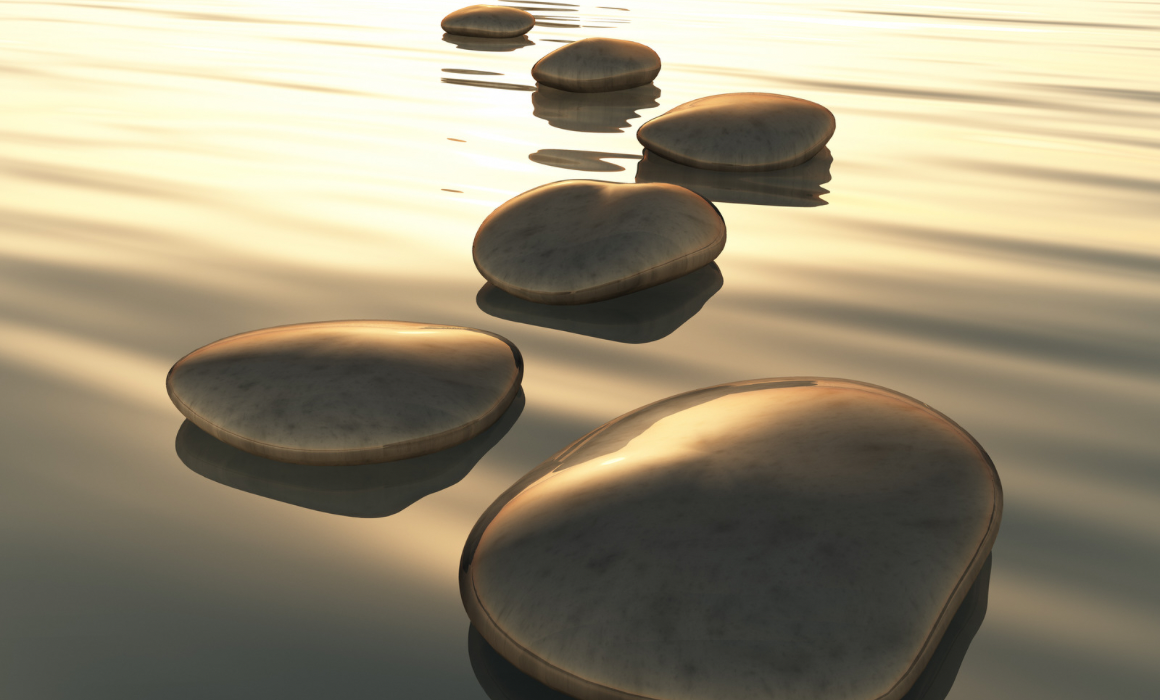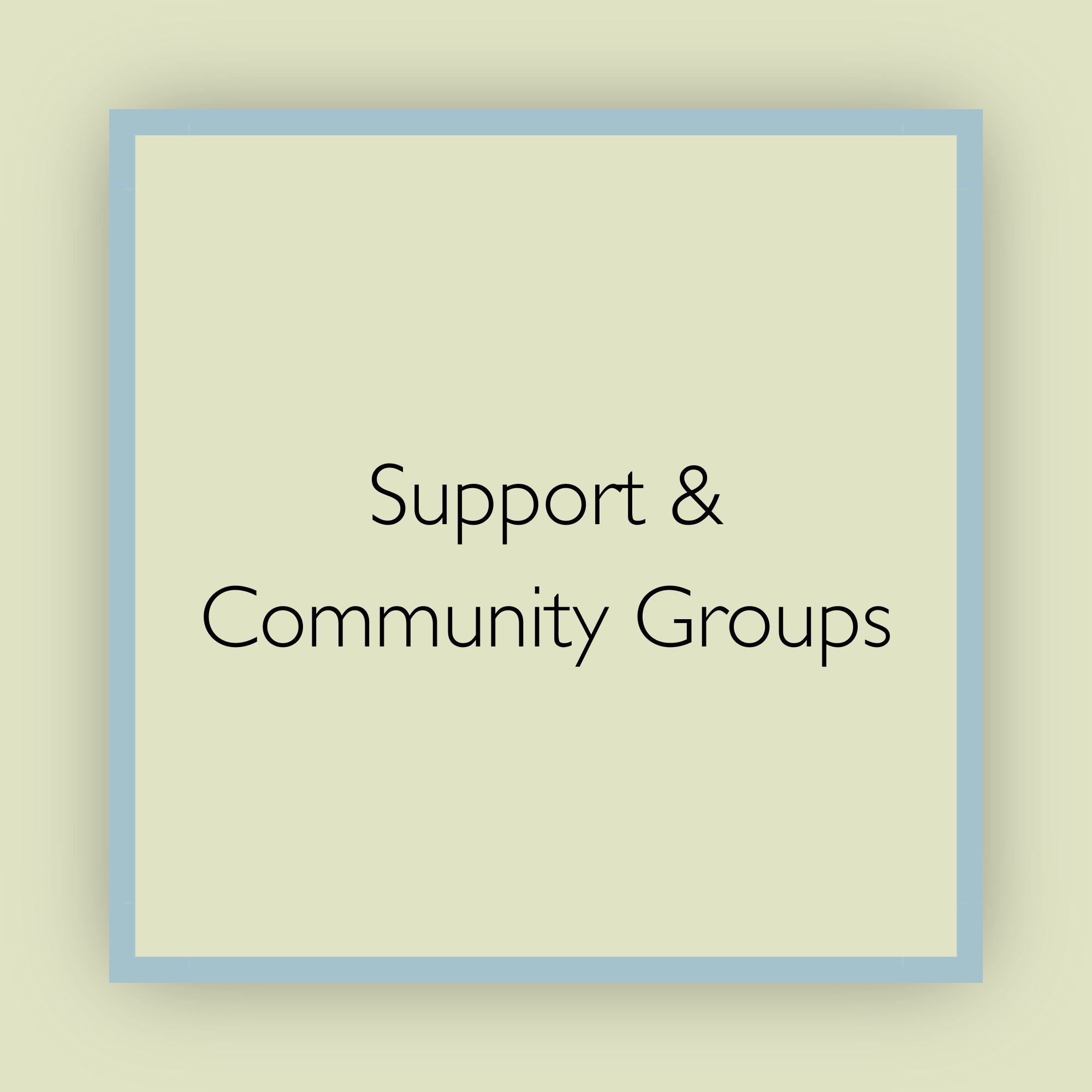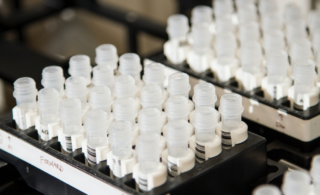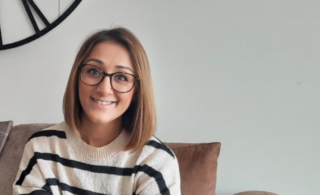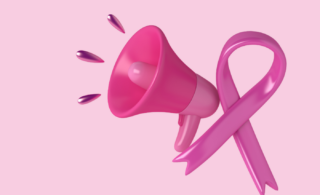
In this guest article, Davina talks about her diagnosis of triple negative breast cancer, having dense breasts, her treatment plan, the side effects of treatment and the things that have helped her to get through this period of her life, including being part of the Black Women Rising community.
By Davina
When I was diagnosed with stage 3 triple negative breast cancer in July 2021, I was the fittest I had ever been. I was exercising regularly, eating a well-balanced vegan diet. I’d made a point of getting fit and healthy as I approached my forties to reduce the risk of certain diseases. Sadly, cancer does not discriminate.
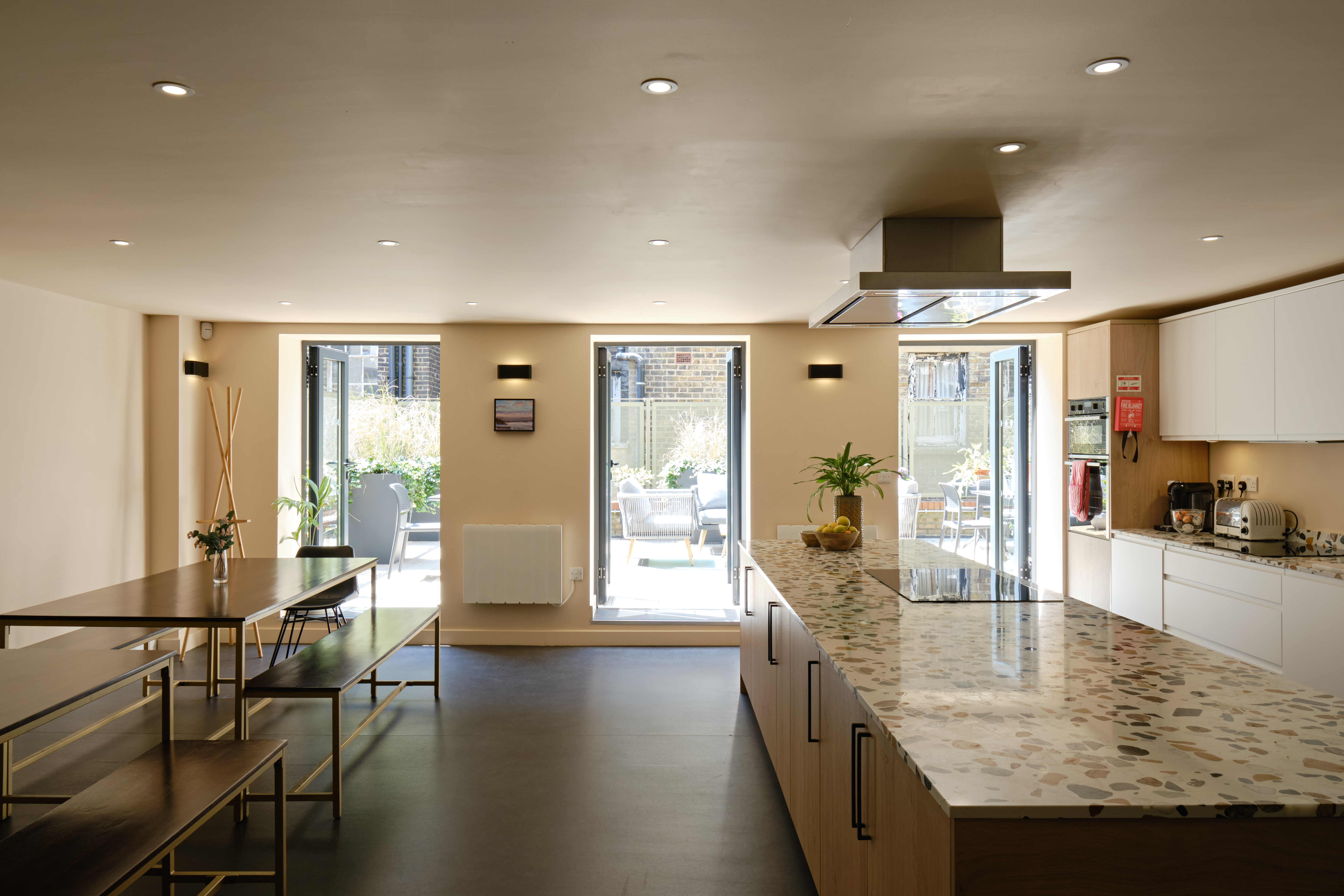
The first day of the rest of my life
In June of 2021 I found a lump in my armpit. A few days later I found a lump in my breast.
My consultant appointment was on 1 July 2021, during lockdown, so I had to go alone. He was more concerned about the lump in my armpit. I was sent for a mammogram, at the end of which the radiographer cheerily said the scan was clear. I asked if I had dense breasts and she said yes. It can be more difficult to detect cancer from a mammogram with dense breasts, so her cheery demeanour did nothing to calm my nerves.
I then went for an ultrasound and had a biopsy. When I was called back in to see the consultant there was a nurse sitting beside him. I knew the news wasn’t going to be good.
Scans were hastily booked and the next few days were the most difficult of my life. A few days later I was told that I had triple negative breast cancer. It had spread to my lymph nodes, it hadn’t spread any further. I was told that I would need chemotherapy, surgery and radiotherapy.
My treatment and side effects
I had 20 weeks of chemotherapy and completed treatment in September 2022. It was no walk in the park but I managed not to miss any sessions. However, I did end up having seven blood transfusions and I experienced various side effects. I had to have blood transfusions because my iron levels plummeted due to the effect of the chemotherapy drugs, but most people on chemo don’t end up needing these.
I was able to continue with my usual exercise for the first few weeks (weights, HIIT and running) but eventually had to dial it down to just walking. This was due to nausea and a greatly reduced appetite, leading to severe weight loss which caused fatigue and weakness.
My long, natural hair started shedding a couple of weeks after my first chemotherapy infusion. I booked an appointment to have it all shaved off as I was told this was easier than allowing it to fall out in clumps. Surprisingly I did not find it too traumatic as I had a couple of weeks to mentally prepare.
How I got through the psychological struggle
Triple negative breast cancer is very psychologically tough. Like us all, I had good days and bad days, but I just tried my best to put one foot in front of the other and count my blessings. It was tough on my family, especially my daughter who struggled a lot and still does. Looking in the mirror constantly reminded me of my situation. It was a very challenging time.
I was brutally honest to everyone around me and this helped them to be themselves and for me to be myself around them. Acquaintances stepped up and became friends and some people who I thought I was close to, disappeared. This was no surprise to me as I had been told to expect this by my son’s father who suffered from cancer several years ago. It was fine though; cancer can shine a light on who is for you and who is not for you. I wish everybody well.
My treatment forced me into an early menopause. My menopause was short and sweet but I have been left with a lot of joint pain, weakness and mobility issues, which often gets me down.
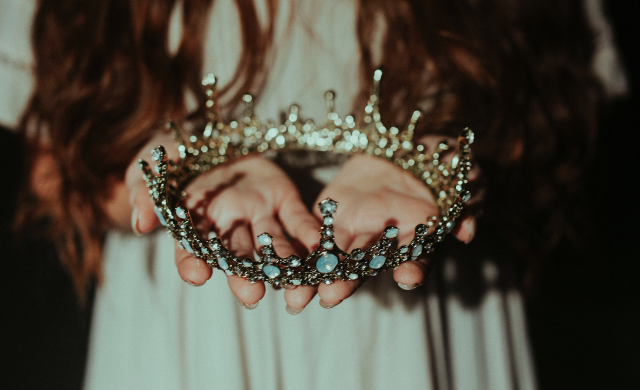
Surgery and radiotherapy for triple negative breast cancer
Surgery came after completing chemotherapy. I had a lumpectomy on my right breast and all lymph nodes removed from under my arm on the same side. The surgery caused stiffness, weakness and mobility issues in my shoulder. It also caused cording and nerve damage to my arm and shoulder, and I still struggle with these arm issues but I try not to let it stop me from living the life I want.
After surgery, I then had radiotherapy on my breast and collar bone area for four weeks. This was thankfully uneventful. The only side effect was looking like a zebra where the skin that was being targeted ended up discolouring. It’s still there but not as prominent as during that time. Due to the chemotherapy and radiotherapy I still have a lot of pain in the chest, back, rib and shoulder area, along with spasms which happen regularly.
I didn’t get a full response with chemotherapy which means that after chemotherapy there was still a residual amount of cancer left, which was discovered after surgery. Because of this I had six more months of treatment in the form of oral chemotherapy to minimise the chances of recurrence. Thankfully the side effects from the oral chemotherapy drugs were minimal.
Looking forward and finding support
Going through a cancer diagnosis, treatment, hair loss, menopause, and ongoing pain is very challenging day to day. It has really affected how I see myself. I struggle physically with the most basic of tasks. It’s disheartening, especially as I cannot do the type of things that I used to that bring me the most joy. But I am still here and I am grateful for that.
I also struggle with the fact that there are not as many treatment options for triple negative breast cancer and the fact that there is not as much awareness about it. I myself was aware of the hormonal cancers but not triple negative.
Towards the end of my treatment, I found Black Women Rising. This is is a project that supports women of colour, who have or have had cancer, and their loved ones. This project is supported by the Leanne Pero Foundation which was founded by Leanne Pero who has worked tirelessly to raise awareness of the disease, after she herself was diagnosed with breast cancer at a young age. She is a beautiful person who I shall forever be grateful for. I have made good friends with those that I have met through the project. I really look forward to our coffee mornings at Future Dreams House, and monthly Zoom meetings. It’s nice to be around those that understand. Black Women Rising has been a lifeline for me. I will forever be grateful to all the new sisters I have acquired. Truly wonderful women.
Top tips
My top tips for someone diagnosed with breast cancer are:
- Younger women sometimes have dense breasts which makes it harder for a mammogram to detect a tumour. If you’re a younger woman then it’s worth reading up on dense breasts and asking the radiographer if you have them.
- Take a notebook to your appointments so you can record everything that you are told. There is a lot to remember.
- I worked throughout my treatment, but everyone is different and it’s important to make the right decision for you.
- Exercise helped me during my treatment but I didn’t do as much as before my diagnosis. It’s important to take advice from your medical team or a qualified exercise professional.
- Get prepared for your hair to fall out if you don’t do the cold cap, and even if you do, you may still lose most or all of your hair
- Being honest with my friends and family helped them know how to best help me during my treatment. But be prepared for some people to disappear.
- Everyone has a different treatment plan and reacts differently to their treatment. So, although I needed to have blood transfusions and I didn’t get a full response to my first chemo, this doesn’t mean that other women will have the same experience.
- Seek out your support network. For me it was joining the Black Women Rising community but there are so many different support groups and communities online, on social media and in-person.
- Do what you can that brings you joy.
After treatment
I knew from the day I was diagnosed that I would struggle mentally once treatment was over. And I was right. I have counselling and I have good and bad days but I try to focus on the good, be thankful, and to enjoy myself where I can. When I’m having bad days, I honour those feelings and patiently wait for them to pass. I am still suffering a lot with multiple joint pain and weakness but I hope someday to get back to exercising and weight training which I miss terribly. I am trying to be patient.
- I try to prioritise myself more and here are some things that help me:
- Gratitude.
- Laughter.
- Spending time with those I love, including myself.
- Learning to say no.
- Prioritising peace.
- Being my best friend and saying kind things to myself.
- Music – I play the piano a little, and I have recently taken up the bass guitar.
- Helping others.
Tomorrow is promised to no one. I try to remember this as I live my life.
Further information
Further information about some of the issues raised in this article can be found via these links:
Breast Cancer Now page on Triple Negative Breast Cancer
Dense breasts website
Working through cancer treatment
Exercising during cancer treatment
Advice for hair loss
Black Women Rising
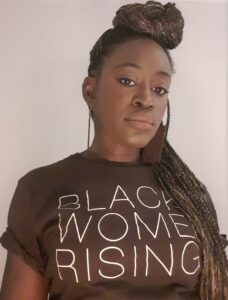
To return to the homepage of our Information Hub, click here where you can access more helpful information, practical advice, personal stories and more.
Future Dreams hold a range of support groups, classes, workshops and events to help you and your carers during your breast cancer diagnosis. These are held both online and in person at the London-based Future Dreams House. To see what’s on offer and to book your place, see here.
This article was written by a guest author based on their own experience of breast cancer and its treatment. It is important to note that this is one person’s experience and that whilst there may be commonalities between the experiences of different people, everyone has a different diagnosis/treatment plan/general experience. The information and content provided in all guest articles is intended for information and educational purposes only and is not intended to substitute for professional medical advice. It is important that all personalised care decisions should be made by your medical team. Please contact your medical team for advice on anything covered in this article and/or in relation to your personal situation. Please note that unless otherwise stated, Future Dreams has no affiliation to the guest author of this article and he/she/they have not been paid to write this article. There may be alternative options/products/information available which we encourage you to research when making decisions about treatment and support.
Share

Support awareness research
Donate to those touched by BREAST cancer
Sylvie and Danielle began Future Dreams with just £100 in 2008. They believed nobody should face breast cancer alone. Their legacy lives on in Future Dreams House. We couldn’t continue to fund support services for those touched by breast cancer, raise awareness of breast cancer and promote early diagnosis and advance research into secondary breast cancer without your help. Please consider partnering with us or making a donation.
